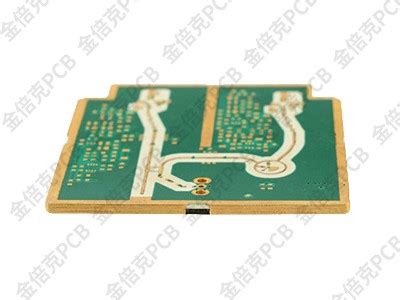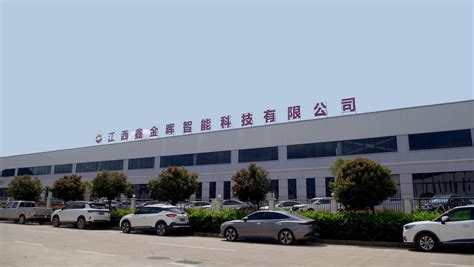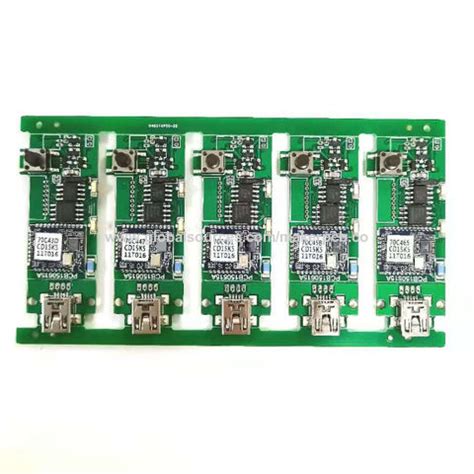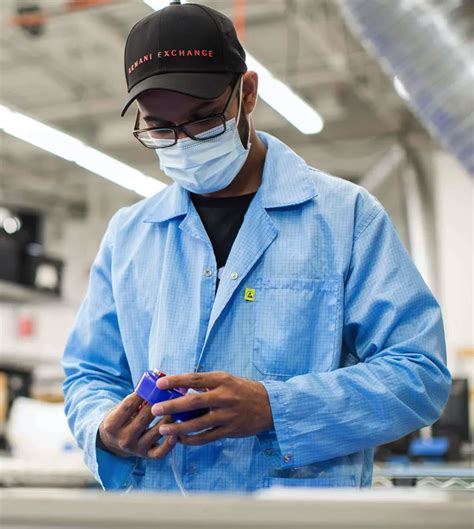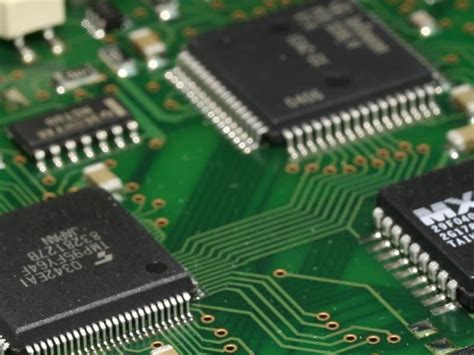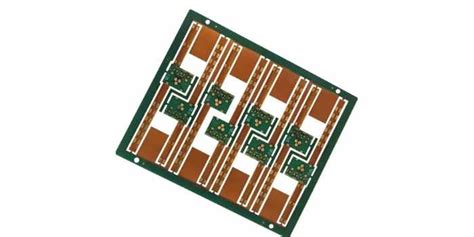Turkey HDI PCB: Advancements, Applications, and Market Trends
Introduction
High-Density Interconnect (HDI) Printed Circuit Boards (PCBs) are a critical component in modern electronics, enabling the development of compact, high-performance devices. Turkey has emerged as a significant player in the global HDI PCB market, driven by its growing electronics industry, technological advancements, and strategic geographic position. This article explores Turkey’s HDI PCB industry, covering its technological capabilities, key applications, market trends, and future prospects.
1. Understanding HDI PCBs
1.1 What Are HDI PCBs?
HDI PCBs are advanced circuit boards characterized by higher wiring density per unit area compared to traditional PCBs. They incorporate finer lines, microvias, and multiple layers, allowing for miniaturization and enhanced electrical performance. HDI technology is essential for modern electronics, including smartphones, medical devices, automotive systems, and aerospace applications.
1.2 Key Features of HDI PCBs
- Microvias: Small laser-drilled holes that enable high-density interconnections.
- Fine Pitch Components: Supports smaller and more closely spaced components.
- Multiple Lamination Layers: Allows for complex multilayer designs.
- Improved Signal Integrity: Reduces electromagnetic interference (EMI) and signal loss.
2. Turkey’s HDI PCB Industry: Growth and Capabilities
2.1 Turkey’s Electronics and PCB Manufacturing Landscape
Turkey has a well-established electronics manufacturing sector, supported by a skilled workforce, government incentives, and increasing foreign investments. The country’s PCB industry has evolved to meet global demands, with several manufacturers specializing in HDI technology.
2.2 Key Turkish HDI PCB Manufacturers
Several Turkish companies have gained recognition for their HDI PCB production capabilities, including:
- Vestel Electronics: A major player in consumer electronics and PCB manufacturing.
- Aselsan: A defense and aerospace company producing high-reliability HDI PCBs.
- Protelec: Specializes in advanced PCB solutions, including HDI and flexible circuits.
These companies cater to both domestic and international markets, supplying HDI PCBs for telecommunications, automotive, and industrial applications.
2.3 Technological Advancements
Turkish manufacturers have adopted advanced HDI PCB fabrication techniques, such as:
- Laser Drilling: For precise microvia formation.
- Sequential Lamination: To build complex multilayer boards.
- Embedded Components: Integrating passive components within the PCB layers.
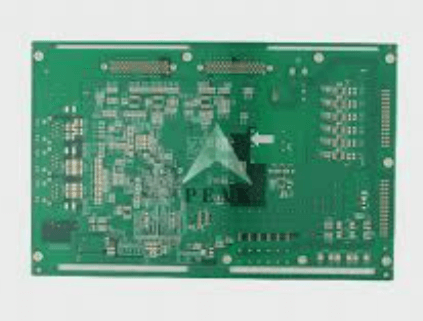
3. Applications of HDI PCBs in Turkey
3.1 Consumer Electronics
Turkey’s consumer electronics industry, including smartphones, tablets, and wearables, relies heavily on HDI PCBs for compact and high-performance designs. Companies like Vestel and Arçelik utilize HDI technology in their products.
3.2 Automotive Industry
The Turkish automotive sector, a significant contributor to the economy, uses HDI PCBs in:
- Advanced Driver Assistance Systems (ADAS)
- Infotainment Systems
- Electric Vehicle (EV) Control Units
3.3 Defense and Aerospace
Turkish defense companies, such as Aselsan and Roketsan, require high-reliability HDI PCBs for military communications, radar systems, and unmanned aerial vehicles (UAVs).
3.4 Medical Devices
HDI PCBs are used in medical imaging equipment, portable diagnostic devices, and implantable medical technologies, supporting Turkey’s growing healthcare electronics market.
4. Market Trends and Challenges
4.1 Growing Demand for Miniaturization
As electronic devices become smaller and more powerful, the demand for HDI PCBs continues to rise. Turkey’s manufacturers are investing in finer trace widths and higher layer counts to meet these needs.
4.2 Increasing Adoption of 5G Technology
The rollout of 5G networks requires high-frequency HDI PCBs with low signal loss. Turkish PCB producers are developing specialized materials and designs to support 5G infrastructure.
4.3 Supply Chain and Raw Material Challenges
Turkey imports some raw materials for PCB production, making it vulnerable to global supply chain disruptions. However, local sourcing initiatives are being developed to mitigate risks.
4.4 Competition from Asian Markets
While Turkey has a strong domestic PCB industry, it faces competition from low-cost producers in China and Southeast Asia. To remain competitive, Turkish manufacturers focus on high-quality, specialized HDI PCBs.
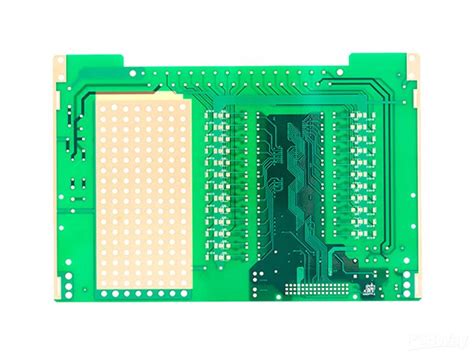
5. Future Prospects of Turkey’s HDI PCB Industry
5.1 Government Support and Investments
The Turkish government encourages electronics manufacturing through incentives, R&D grants, and industrial zones. Initiatives like the “National Technology Move” aim to boost domestic PCB production.
5.2 Expansion into Emerging Technologies
Turkish companies are exploring HDI PCBs for:
- Internet of Things (IoT) Devices
- Artificial Intelligence (AI) Hardware
- Advanced Robotics
5.3 Sustainability and Green PCBs
With increasing environmental regulations, Turkish manufacturers are adopting eco-friendly PCB materials and processes, such as lead-free soldering and recyclable substrates.
6. Conclusion
Turkey’s HDI PCB industry is poised for significant growth, driven by advancements in consumer electronics, automotive, defense, and medical technologies. While challenges such as global competition and supply chain dependencies exist, strategic investments and innovation will strengthen Turkey’s position in the global HDI PCB market. As demand for high-performance, compact electronics continues to rise, Turkish manufacturers are well-positioned to play a crucial role in the future of PCB technology.
By leveraging its technical expertise, skilled workforce, and strategic location, Turkey is set to become a key hub for HDI PCB production, catering to both regional and international markets. The ongoing focus on R&D and sustainability will further enhance its competitiveness, ensuring long-term success in the dynamic electronics industry.


